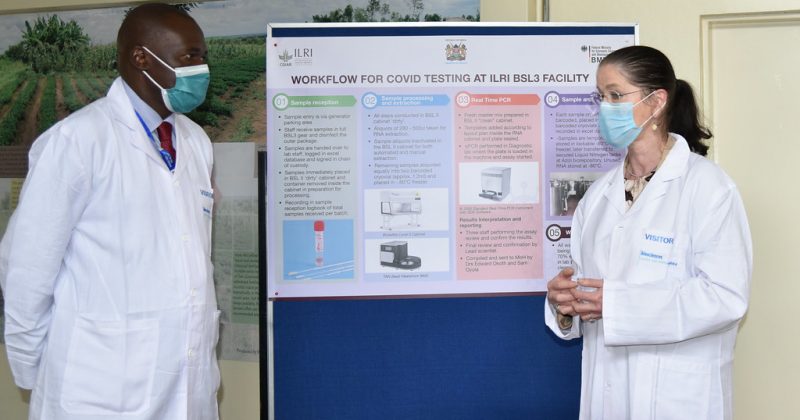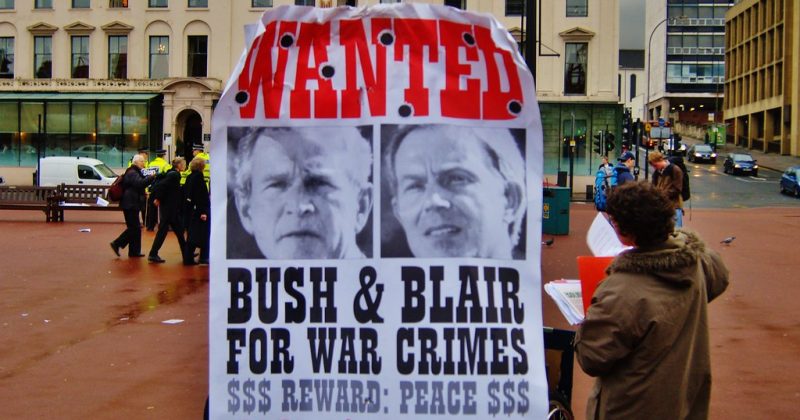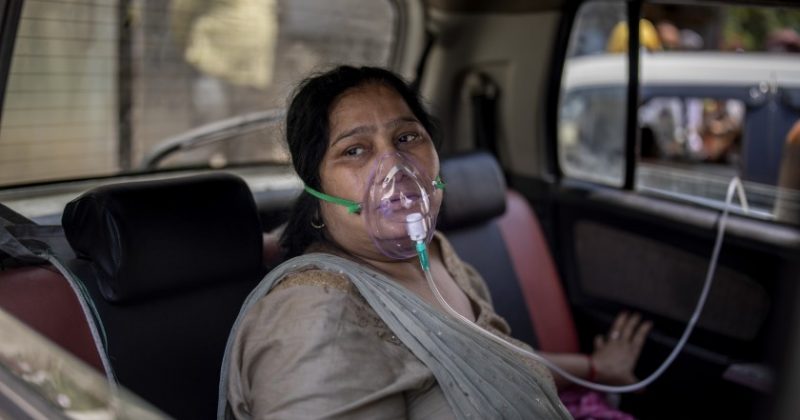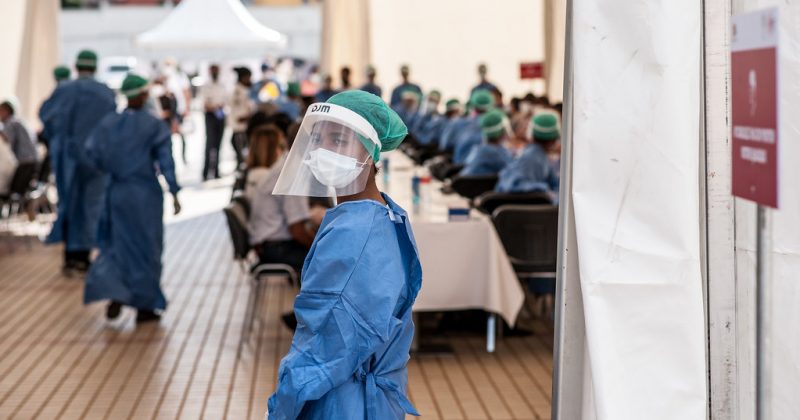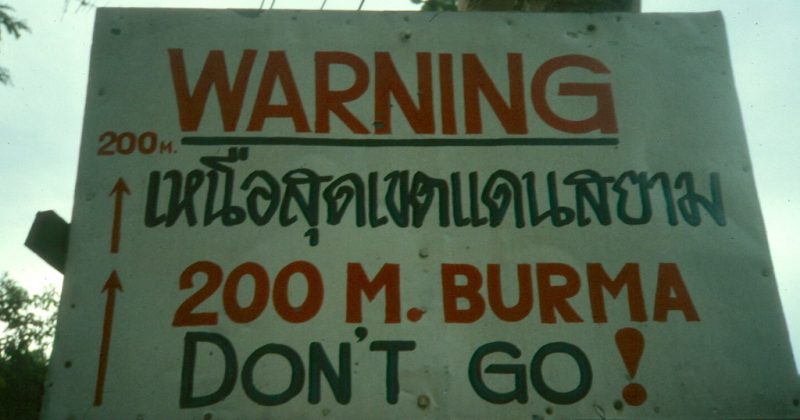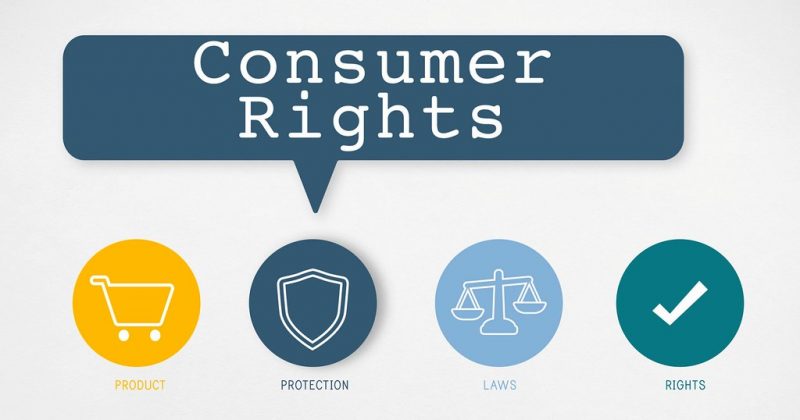
It’s High Time to Upgrade Consumer Rights to Human Rights
By guest contributor Swetha Somu*
The Covid-19 pandemic has sparked a series of misleading advertisements claiming to cure and protect us from the deadly virus. As a result, the consumer protection regulatory authorities across the world have sprung into action by identifying and taking down false and inaccurate advertisements.
Consumer rights in the pandemic era
"A consumer is a shopper who is sore about something."
- Harold Coffin
Coffin is no entrepreneur but a humor columnist and yet his famous quote aptly portrays why a consumer is a consumer. He asserts that a consumer is someone who has a problem or is made to think that he has one and that it can be resolved only if he buys a particular product.
The need for an international instrument addressing consumer rights was strongly advocated for back in 1985 which subsequently led to the adaptation of the United Nations Guidelines for Consumer Protection (UNGCP). It was later revised in 1999, however, only recently in 2015, UNGA’s resolution...


